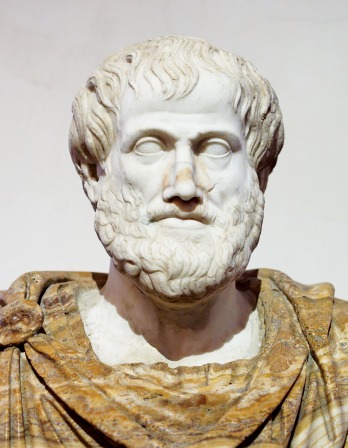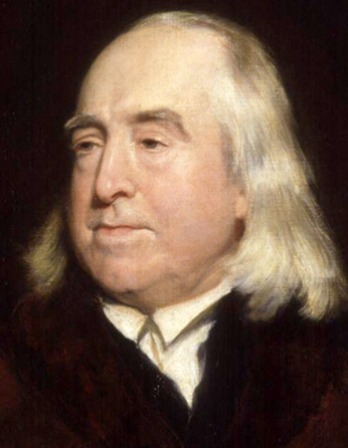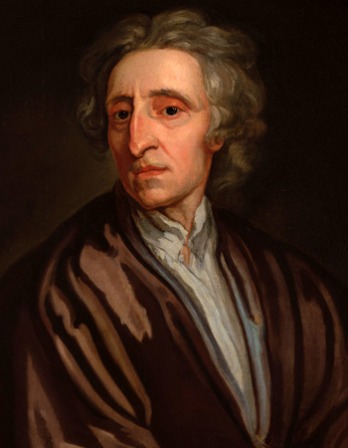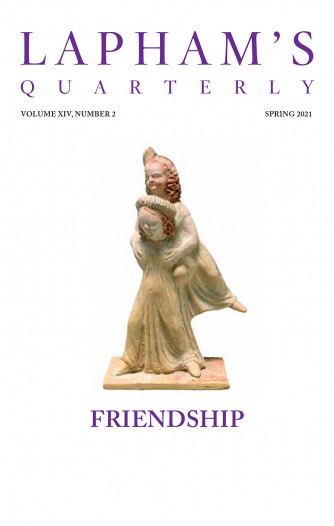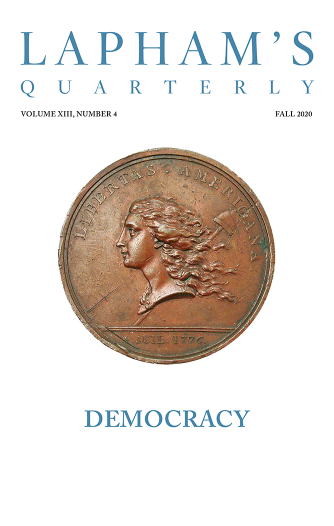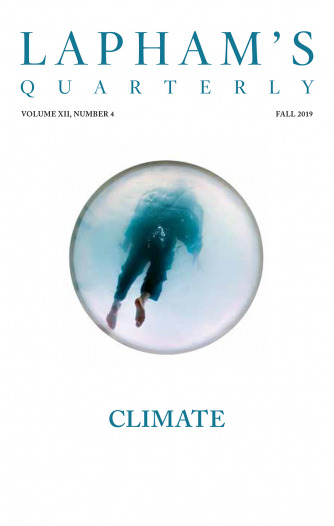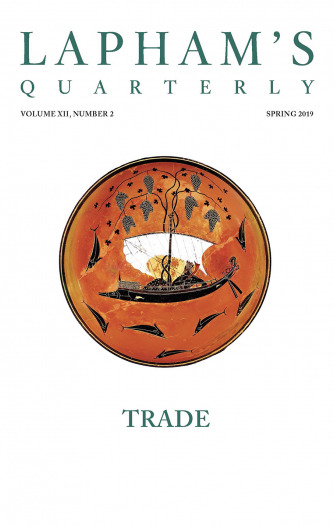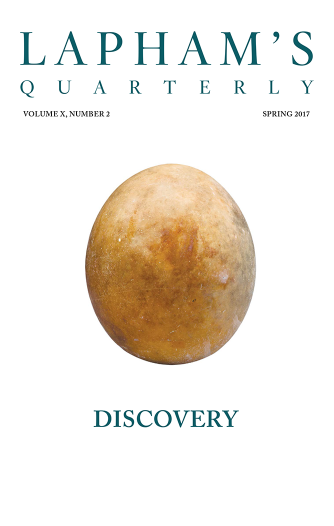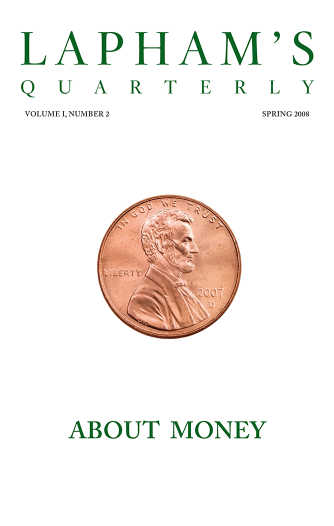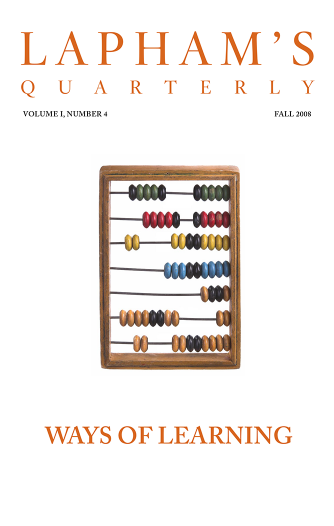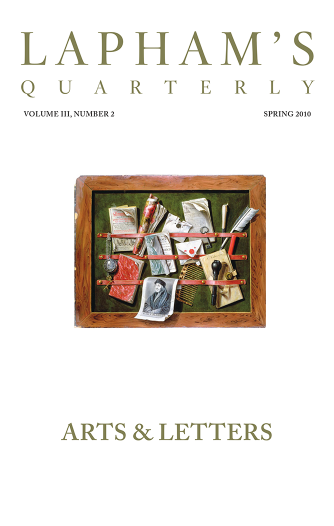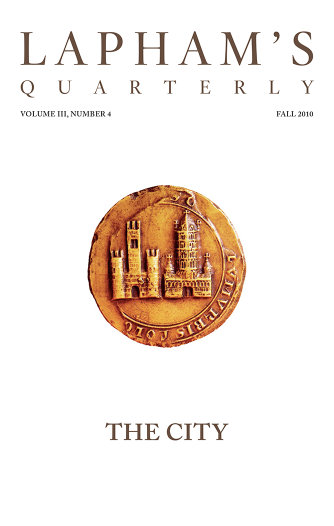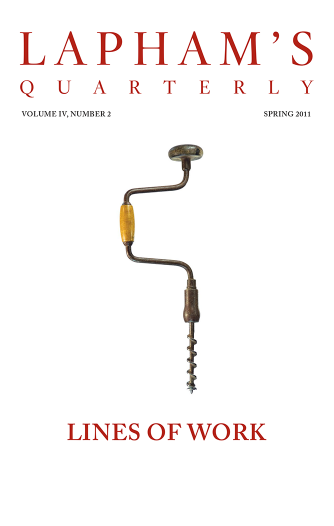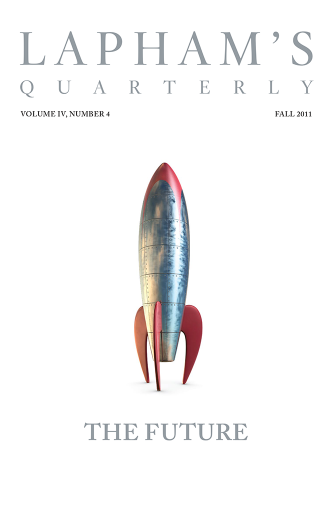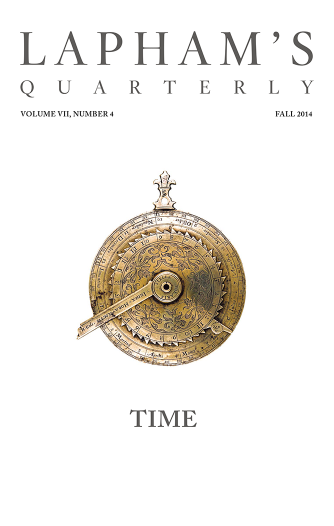
Aristotle
(384 BC - 322 BC)
The son of a Macedonian court physician, Aristotle moved from Macedonia to Athens in 367 bc and joined Plato’s Academy, where he remained for twenty years. Upon Plato’s death, Aristotle went to Assus and Mytilene, conducting scientific research that included classifying around five hundred species of animals. He claimed in The Physics, “Nature is everywhere a cause of order” and “Nature does nothing in vain.” He returned to his homeland around 342 bc and tutored the thirteen-year-old heir to the Macedonian throne who later became known as Alexander the Great.
